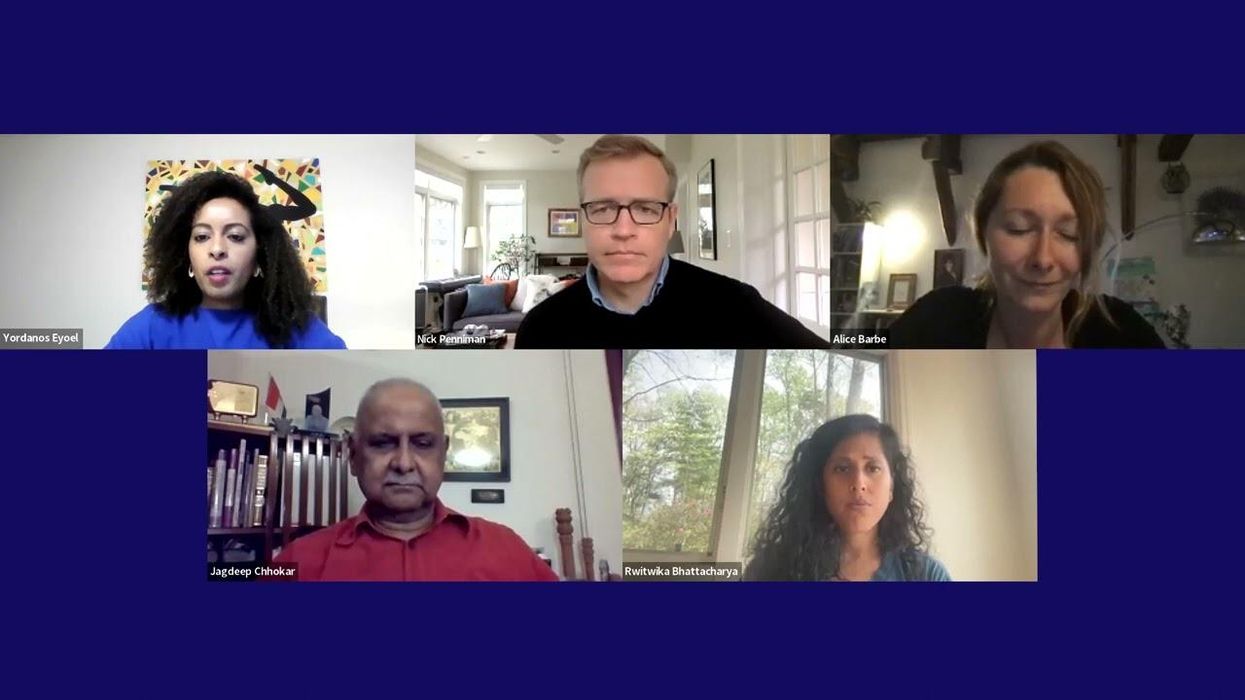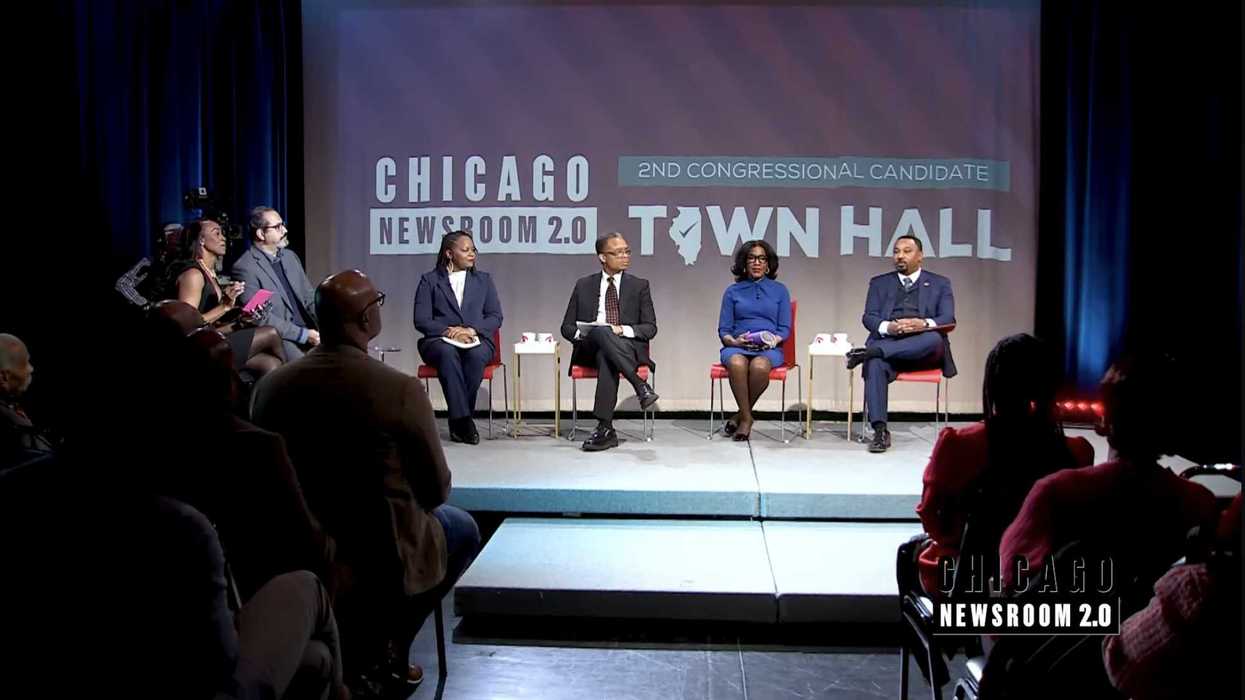This week, we are excited to share a video series featuring panel discussions from the Global Democracy Champions Summit co-hosted by Keseb and the SNF Agora Institute at Johns Hopkins University
Democracy Entrepreneurs are innovators who are working to strengthen democracy. Today’s featured panel discussion highlights how democracy entrepreneurs across the world are building innovative organizational models and strategies to give rise to more inclusive, transparent, and healthy democratic systems appropriate for their cultural contexts.
Moderator: Yordanos Eyoel, Founder and CEO, Keseb; Visiting Fellow, SNF Agora Institute, Johns Hopkins University
Panelists:
● Alice Barbe, Co-Founder, Academy for Future Leaders
● Rwitwika Bhattacharya, CEO, Swaniti Initiative
● Jagdeep Chhokar, Founding Member and Trustee, Association for Democratic Reforms
● Nick Penniman, Founder and CEO, Issue One
Check out the discussion: Entrepreneurship as a Vehicle for Building Inclusive, Multigroup Democracy
Thank you for joining us for this week-long video series from the Global Democracy Champions Summit. We hope that ideas and insights shared will continue to spur dialogue and action to advance inclusive democracy in the US and globally!
Please visit Keseb and the SNF Agora Institute at Johns Hopkins University to subscribe to receive news of future Democracy Champions opportunities.




















